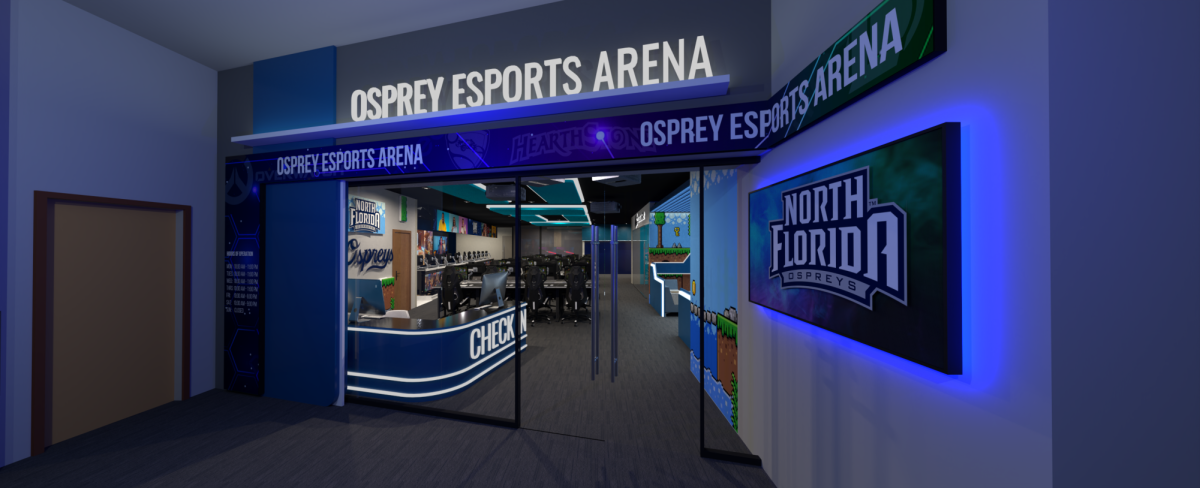We live in a culture that extols instant gratification, and as fiercely autonomous Americans, we generally look for quick and easy ways to take charge of uncontrollable factors in our lives — energy levels, an ineffectual libido or hair color are some of those factors.
Critics of the often maligned “instant-gratification culture” contend that it makes us lazy, but those kinds of generalizations do not do justice to such a nuanced problem.
Taking the stairs as opposed to an elevator denies instant gratification and will improve your health; we reap passive benefits while sacrificing very little.
Conversely, going out and chopping down a tree to build a fire — for warmth — in your living room is a pretty lengthy expenditure compared to flicking the thermostat.
It is our task to weigh the risks and benefits of an action pragmatically. Always taking the path of least resistance is just as bad as over-thinking and dismissing pragmatic choices as “instant gratification.” It’s a personal call that only requires some honest self-assessment.
“The lazy” are not necessarily those who take the easy way out. People who don’t objectively weigh out the results of their actions are lazy.
Humans have used tools to influence our environment — not The Environment, but things external to ourselves — for as long as we have been walking up-right.
But, when our tools can profoundly affect our own physiologies, permanently or temporarily, people start to take the implications very seriously.
There is nothing inherently wrong with wanting to better oneself, even if by chemical means. A shot of caffeine, fertility pills, Viagra and even steroids are good in the sense that they attempt to make up for a deficiency or enhance our abilities.
Wanting to be better is a natural desire, and it’s only in executing that desire that we run into problems.
High-powered energy drinks and relaxation aids like Drank are contemporary snake-oil tonics with dubious results and long-term effects we won’t see for another decade or two. On top of that, media blitzes have replaced the characteristic salesman.
We could at least glean some entertainment from the spectacle of the snake-oil salesman perched on his wooden box imploring you to “step right up” and promising — at 100 words per minute — elixirs and potions that would “verifiably volumize vitality and vivacity.” Now we have soulless spots for Drank performed by the Pussycat Dolls and extreme, hardcore stunts executed by pseudo-sports stars who welcome us to “their world, the world of RedBull.”
Advertisers sell an identity as much as they sell a product or effect. At the same time, they encourage constant consumption. We all know sugar will bolster the ballooning number of diabetics and excessive caffeine will trip up your ticker. Soon we can see the effect that melatonin — an ingredient in Drank — has on our sleep cycles, especially if Drank catches on, and we are inundated with imitators.
We suggest you “slow your roll” as you sip your swill and savor the moderation.







